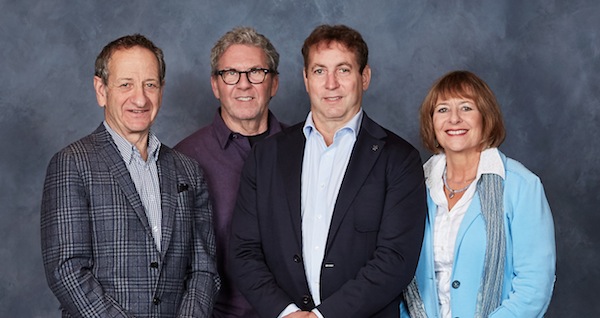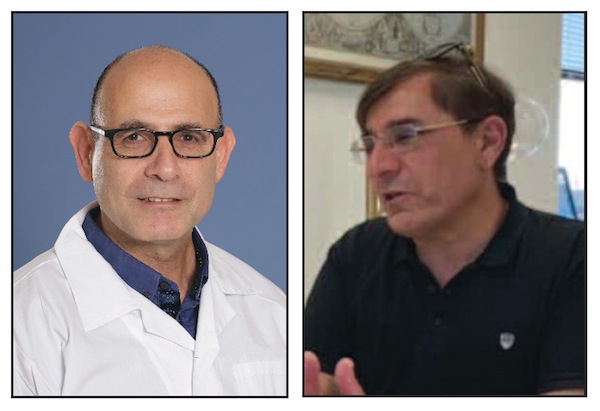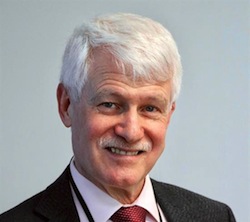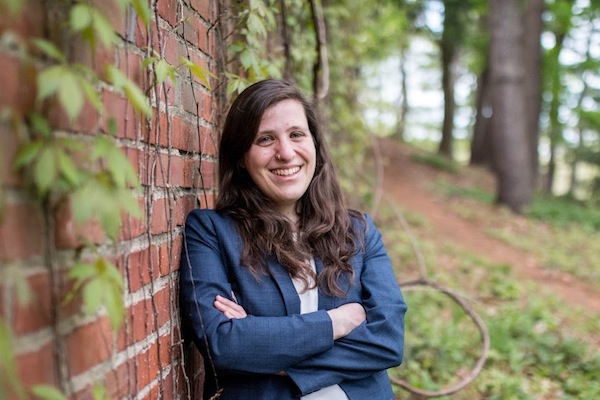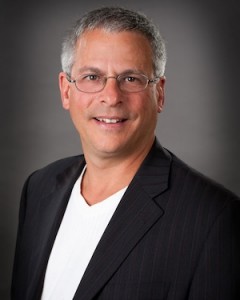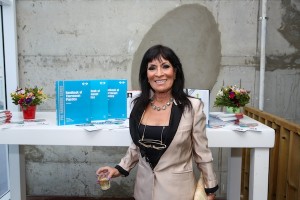In an email briefing this week, the English-language news platform Times of Israel declared: “UN releases 2nd damning report on Israel; real estate soars.”
These were two unrelated stories. The United Nations had unveiled another in its persistent condemnations of the Jewish state and, on a completely different issue, it reported that Israeli housing prices have spiked 19% this year over last – the largest jump in recorded history.
As curious as this combination of stories was, it could hardly compete with an adjacent mashup about two of Israel’s leading far-right politicians, Bezalel Smotrich and Itamar Ben-Gvir, the latter of whom, in an apparent effort at humanizing himself, appeared on a cooking program: “Ben-Gvir stuffs peppers and Smotrich proposes legal reforms.”
But, returning to the first items. The connection between UN condemnation of Israel and soaring real estate prices in Israel may be remote but perhaps not random. In any country, high real estate prices indicate a demand for housing that is larger than the supply, a situation due in part to rising economic prosperity (which is not generally shared equally, it should be said, and is too complex to fully discuss in this space).
The larger issues, for our purposes, are the curious parallels between this fact and the accompanying story, about yet another of the UN’s broadsides against Israel. Late last week, a report by the United Nations Independent International Commission of Inquiry on the Occupied Palestinian Territory declared that Israel’s occupation of the West Bank is illegal. Not a surprise considering the commission’s mandate, to say the least. Leaving aside whatever legitimacy that investment of resources may or may not have on the ground, it is safe to say it will have little impact on most Israelis beyond a déjà vu. UN condemnations against Israel come fast and furious.
In their 2009 book Start-up Nation: The Story of Israel’s Economic Miracle, Dan Senor and Saul Singer argue that Israel’s economic miracle is not despite the external and internal challenges the country and its people have faced but, to a large extent, because of them. Political and economic isolation bred a degree of self-sufficiency. Military and terrorist threats demand enormous investments, which have had the largely unintended consequence of building a range of high-tech and other industry sectors. The imposition on young adults just out of high school with life-and-death decision-making authority accounts in part for the risk-taking that drives Israel’s entrepreneurship.
On a daily basis, Israelis may not make the connection between their broad economic successes and the incessant rhetorical assaults it receives from the UN and self-appointed arbiters of righteousness worldwide. Even in times of war and other existential threats, Israelis have traditionally continued building their individual and collective futures. What is more, they are consistently ranked in surveys and studies as among the world’s happiest people.
Fighting inflation and inequality, resolving the ongoing conflict, addressing infringements of human rights and all of the other challenges facing Israel must be addressed – and, in the seemingly endless successions of national elections the country is mired, there is no shortage of inventive and outlandish suggestions for resolving every issue.
There is a saying: living well is the best revenge. The world, including the world’s ostensible parliament, can rail all it likes. We should not ignore criticism. But we should celebrate the achievements that others ignore or defame. The arrows aimed at Israel, whether we or the slings that shot them like it or not, seem to strengthen rather than weaken the resolve of its people.

